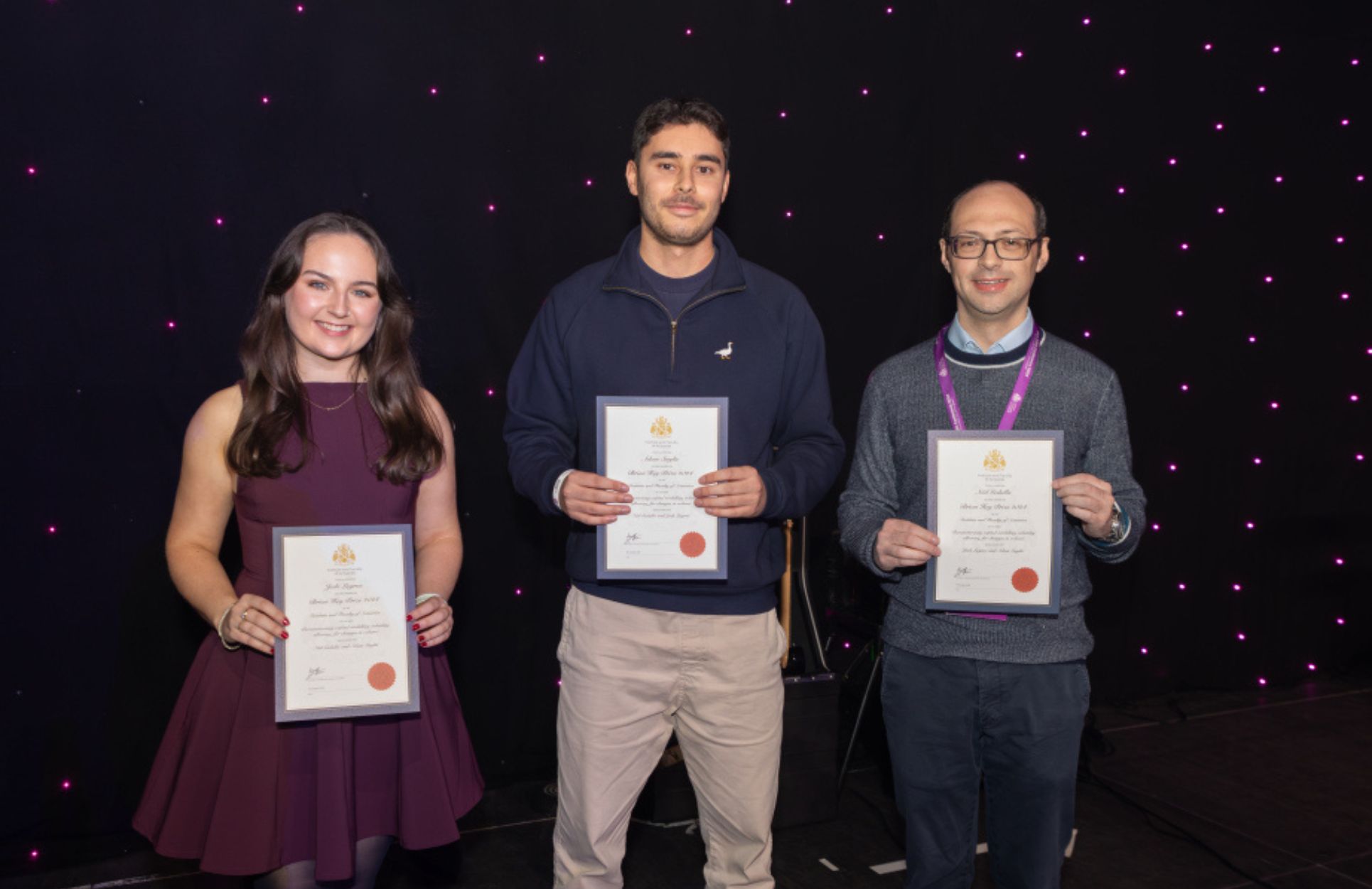 The 2024 Brian Hey Prize winners – Neil Gedalla, Adam Smylie, and Jade Lagrue – share insights from their research journey. What began as genuine curiosity evolved into their award-winning paper. Their reflections offer inspiration, practical tips, and a behind-the-scenes look at what it takes to create impactful work recognised across the actuarial community.
The 2024 Brian Hey Prize winners – Neil Gedalla, Adam Smylie, and Jade Lagrue – share insights from their research journey. What began as genuine curiosity evolved into their award-winning paper. Their reflections offer inspiration, practical tips, and a behind-the-scenes look at what it takes to create impactful work recognised across the actuarial community.
When we first set out on our research journey, we weren’t thinking about awards: we were trying to solve a problem we were genuinely curious about. The idea stemmed from conversations we’d had, and the gap we saw between current practice and what we felt was possible. That curiosity, and desire to contribute something meaningful to the actuarial community, were our biggest motivators.
The goal was always to write a paper, but our initial focus was preparing a talk for the IFoA’s General Insurance Spring Conference 2024. Balancing preparations for the talk with our day jobs wasn’t always easy, but collaborating as a team helped enormously. We divided tasks according to our strengths and checked in with each other regularly to keep momentum going. The process was intense at times – especially during the analysis stage – but also incredibly rewarding. It gave us a deeper appreciation for each other’s perspectives and skillsets.
The research we presented at the conference went even better than we’d expected! The feedback was strong, and the engagement during and after the talk made it clear that the topic resonated. That response gave us a clear sense that the work was worth pursuing, and solidified our decision to take it forward as a full paper.
One of the biggest challenges was knowing when to stop tweaking and call it ‘done’. As actuaries, we’re wired to iterate and improve, but we had to accept that the perfect paper doesn’t exist. Feedback from peers was invaluable in helping us prioritise what really needed to be refined versus what we could let go.
We also leaned on resources from the IFoA during the submission process. In particular, past winning papers and guidance on writing for a wide actuarial audience. Those helped us think more critically about how to communicate technical content in a way that was engaging and accessible.
Being recognised with the Brian Hey Award at GIRO 2024 was surreal. We’d seen past winners and always admired the quality of their work, so to be among them was both humbling and exciting. It was also affirming to know that others found our work useful and thought-provoking.
More than anything, the process has been a huge growth opportunity. We’ve each come away with improved communication skills, a broader professional network, and the confidence to take on more ambitious research in the future. We’d absolutely encourage others to give it a go. Whether or not you win, the act of digging deep into a topic, articulating your thinking, and sharing it with your peers is incredibly worthwhile.
If you’re considering submitting a paper, our advice is: pick a topic you’re genuinely passionate about, start early, and don’t be afraid to ask others for feedback. And most importantly: enjoy the journey!